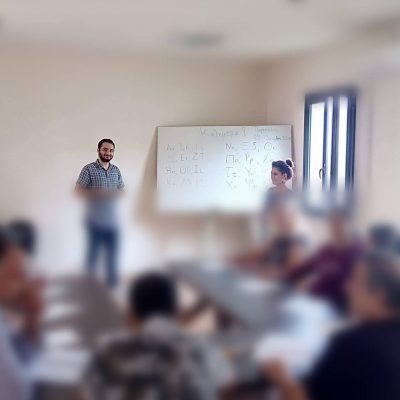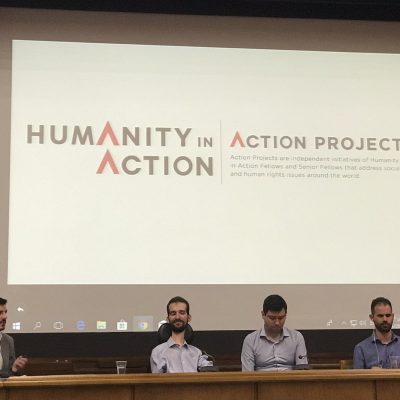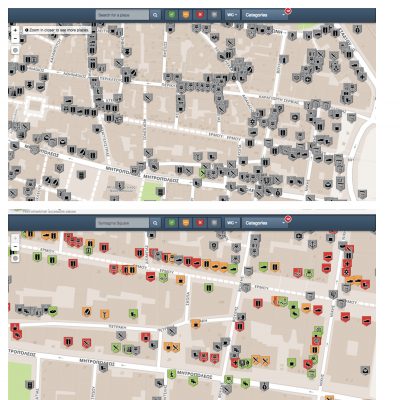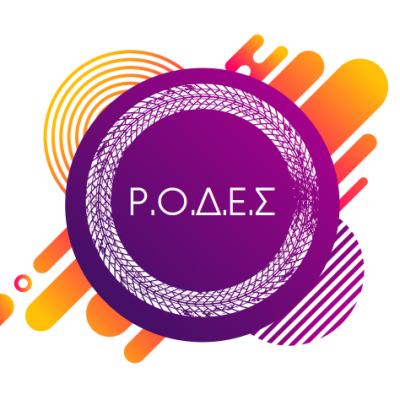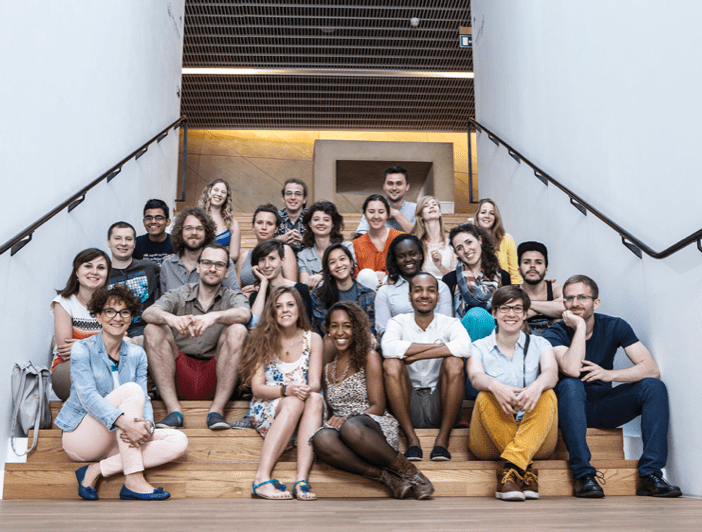Article
During his Amsterdam Fellowship in 2018, Senior Fellow Michail-Chrysovalantis Markodimitrakis took advantage of several opportunities to discuss how members of Dutch civil society were tackling challenges to the integration of refugees and migrants. Upon returning to his hometown of Heraklion, Crete, Michail wanted to take action and address some of the problems he noticed with refugees and migrants in Greece.
Though Greek education is mandatory for refugee and migrant children up to the age of 18, there is no similar initiative from Greece nor the city of Heraklion to teach adults.
Agalide: A Greek Language and Culture Project was a pilot education project that addressed the gap in adult refugee and migrant education by offering Greek language and culture courses. During its inaugural year, Agalide comprised of a mixed-methods language course offered four times a week in the mornings. One of the primary goals was to help stay-at-home mothers learn Greek and become familiarized with Greek and Cretan culture. This project ran from October 2018 to mid-July 2019. During the summer, tutoring support was provided for refugee and migrant children needing additional assistance with language acquisition.
“In the city of Heraklion alone, there are 600 recognized refugees that have moved here since 2016, while there is an indeterminate number of migrants who have worked and lived here for years.”
“Migrant adults, being a dynamic part of Heraklion society, face urgent needs when it comes to learning the language in order to find employment, socialize, and improve both their overall living and working conditions.”
After returning from the Amsterdam Fellowship, Michail spent time reaching out to civil society members in Heraklion who were involved in refugee and migration issues to help diagnose the needs of this community. With the assistance of a colleague, Ermioni Sefentin, who specializes in Special Education Needs, Michail developed a methodology for the classroom, while at the same time connecting with foundations, museums, and municipal employees for funding, opportunities for his students, and a venue for the classes.
“Though I have made a call for volunteers, I am researching funding opportunities to partially fund the work my colleagues and I do. Additional grant funding would make a big difference in our work.”
Since the initial phase of Agalide, Michail and Ermioni have expanded the project’s offerings to include evening classes in addition to the original morning classes.
If you are interested in supporting Michail’s Action Project, please reach out to germany@humanityinaction.org to be connected.

